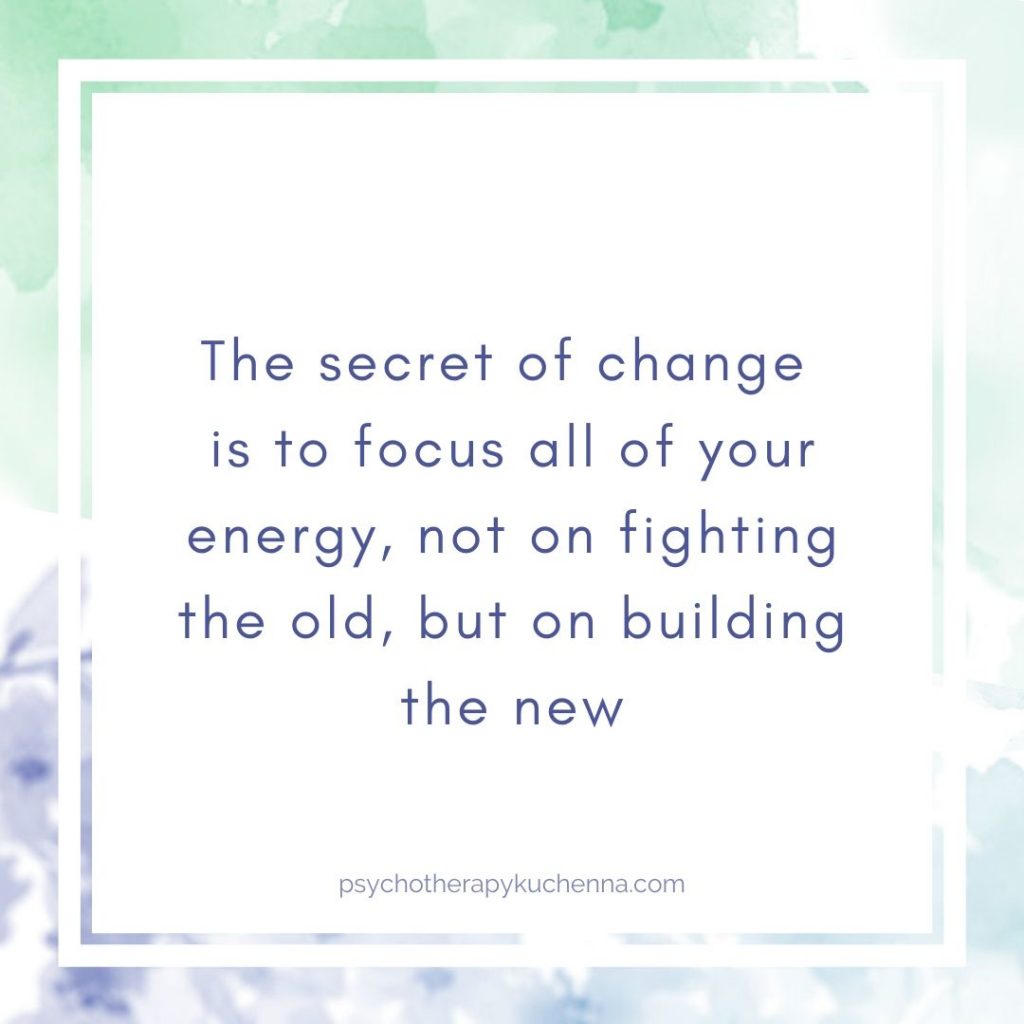Anxiety is a term used to describe uncomfortable feelings of nervousness, worry, and tension, which we all feel from time to time. Anxiety can affect anyone. It affects our thoughts, physical reactions, moods, and behaviors.
Anxiety vs. Anxiety Disorder
Anxiety is a normal human emotion that everyone experiences at some stage. It can be a normal response to stress in your life. Although, anxiety is also a natural, understandable emotional response that can help us prepare for challenges. Moreover, some degree of anxiety can improve your performance in certain stressful situations, for example when doing an exam.
However, it is important to note that anxiety disorders are different. If anxiety occurs too often or for little reason, or if it begins to interfere with your life and prevent you from doing things, then it has become a problem. The distress that the anxiety disorder cause is so great that it interferes with your ability to lead a normal life. People who suffer from anxiety disorders, constantly worry and feel fear and are overwhelmed.
There are a few different types of anxiety disorders which include panic disorder, social anxiety disorder, specific phobias, and generalized anxiety disorder.
How anxiety can affect you?
Anxiety can affect you in 4 different ways. It can affect your thoughts, mood, behavior, and can have a physical effect on you too. Additionally, all of these four areas influence and interact with each other. Sometimes forming a circle that is difficult to break.
- Thoughts – anxiety can lead to frequent negative thoughts. It can also cause frequent distressing images in the mind. Also anxiety can cause a belief that something bad is about to happen.
- Mood – Persistent anxiety can lead to feelings of being down, irritability, always being in a bad mood or depressed.
- Behavior – anxiety can change how you behave by changing the things which you feel able to do. This can result in avoidance of many things which actually results in strengthening the feeling of worry. Being a perfectionist.
- Psychical effect – anxiety can also produce many physical symptoms, such as a heart-pounding; churning stomach; muscle tension; lightheadedness; breathing difficulty; sweating or trembling; poor concentration; dry mouth or difficulty swallowing; difficulty getting to or staying asleep; or nightmare, and sexual problems (e.g. no interest in sex).
Common Triggers for anxiety
Importantly, what triggers one person’s anxiety may not create the same response in someone else. We need to remember that all of us are very unique and very different from each other. Anxiety is an everyday feeling. But it can become a problem when there is no obvious reason for it, or when the anxious feelings persist for more than a couple of weeks. Many different things can contribute to developing an anxiety disorder, for instance, chronic stress, constant worry, being pessimistic all the time, negative thoughts all of it can impact our mental health and our well- being.

The treatments for anxiety and anxiety disorders?
There are many different ways that you can find helpful to reduce feelings of anxiety. To start with, try to identify the times you get anxious, or what possibly causes you stress. However, the treatments for anxiety disorders involve psychotherapy or medication, usually an antidepressant such as an SSRI. Most people who suffer from anxiety disorders may be offered a combination of psychological and medication treatment. Here are some suggestions for you on how to deal with the anxiety:
Eating and exercise – When people feel anxious they often forget about themselves. Eating healthy food and getting regular exercise will improve your health and wellbeing.
Relaxation – There are lots of ways to relax but, different things work for different people, so you need to find what works for you (e.g. yoga, meditation, Pilates, listening to music, going for a walk, running).
Self-talk – When you’re feeling anxious, remind yourself this is a feeling that will pass. Try to distract yourself by thinking about something different.
Talking about your anxiety – Bottling things up can increase how anxious you feel. It can be hard but if possible talk to a friend, family member, or GP about what’s making you feel anxious.
Give it time – Changes in behavior don’t happen overnight. But you can learn to manage feelings of anxiety and not let them take over.
Psychotherapy – This is a talking therapy that involves regularly meeting with a therapist on either an individual or group basis over a course of several weeks to months or longer in some cases.
Medication
Medication can help reduce anxiety.

